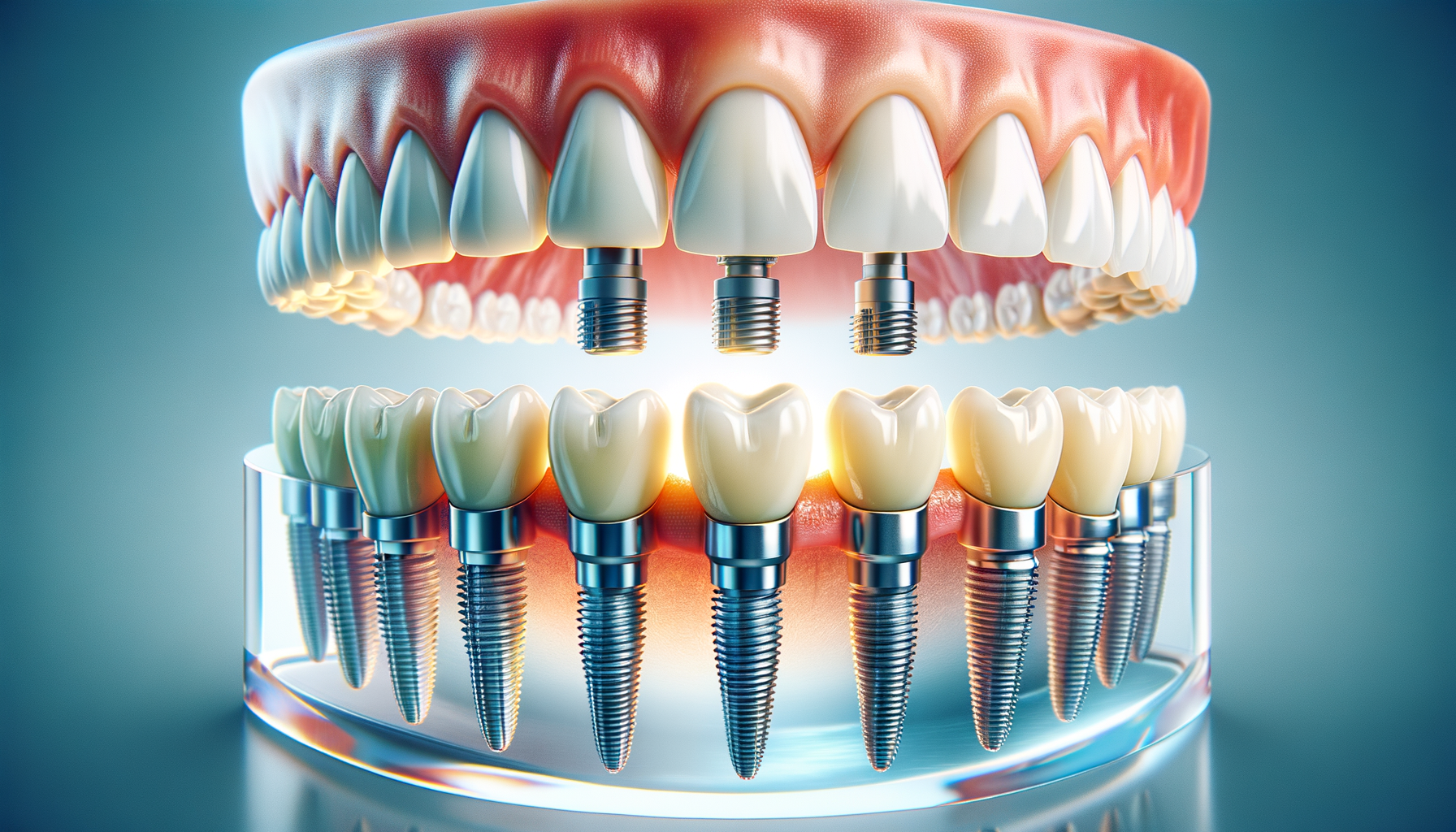Understanding Dental Implant Trials
Dental implant trials represent a significant opportunity for both researchers and patients. These trials are crucial in advancing dental technology and treatment methodologies. By participating in these trials, individuals not only contribute to scientific progress but also gain access to cutting-edge treatments that may not yet be available to the general public. Dental implants themselves are a popular solution for missing teeth, providing a more permanent and natural-looking alternative to dentures or bridges.
In a typical dental implant trial, participants are selected based on specific criteria that ensure the trial’s objectives can be met effectively. These criteria often include age, dental health status, and sometimes even lifestyle factors. The trials are meticulously designed to test not only the efficacy of the implants but also their safety and long-term benefits. This rigorous process helps in refining the products and techniques, eventually leading to improved patient outcomes.
The benefits of participating in a dental implant trial extend beyond personal gain. Participants are part of a pioneering group that helps shape the future of dental care. The data collected from these trials are invaluable for researchers and can lead to new insights and innovations in dental health. Moreover, participants often receive the implants at a reduced cost or even for free, which can be a significant financial relief.
The Process of Joining a Dental Implant Trial
Joining a dental implant trial involves several steps, each designed to ensure the safety and suitability of the participant. Initially, potential participants undergo a thorough screening process. This screening includes medical and dental evaluations to determine if they meet the trial’s inclusion criteria. The aim is to select individuals who are most likely to benefit from the trial while minimizing potential risks.
Once selected, participants are briefed about the trial’s specifics, including the procedures involved, potential risks, and expected outcomes. Informed consent is a critical component of this process, ensuring that participants fully understand what participation entails. This transparency is vital for ethical clinical research and helps build trust between researchers and participants.
During the trial, participants are closely monitored by a team of dental professionals. Regular check-ups and assessments are conducted to track progress and address any issues that may arise. This continuous monitoring ensures that any adverse effects are promptly managed, maintaining participant safety throughout the trial.
For those interested in participating in a dental implant trial, it is essential to research available opportunities and understand the commitments involved. Many dental schools and research institutions offer these trials, providing a valuable resource for potential participants.
Benefits and Considerations of Dental Implant Trials
Participating in a dental implant trial offers numerous benefits, but it’s essential to weigh these against potential considerations. One of the primary advantages is access to innovative treatments that might not be available to the public for several years. Participants often receive comprehensive dental care and follow-up, ensuring that their overall dental health is closely monitored.
Financial considerations are also a significant factor. Dental implants can be costly, and trials often cover the cost of the implants and associated procedures. This financial relief can make dental implants accessible to individuals who might not otherwise afford them.
However, it’s important to consider the potential risks and commitments involved. As with any medical procedure, there are risks of complications, and participants must be prepared for the possibility of unforeseen outcomes. Additionally, trials require a time commitment, with regular appointments and assessments necessary to track progress.
Ultimately, the decision to participate in a dental implant trial should be made after careful consideration and consultation with dental professionals. By understanding both the benefits and the risks, individuals can make informed decisions about their participation.
Innovations in Dental Implant Technology
Dental implant trials are at the forefront of technological innovation in dentistry. These trials often explore new materials, techniques, and technologies aimed at improving the effectiveness and longevity of dental implants. For example, researchers may test new implant materials that promote better integration with the jawbone, reducing the risk of implant failure.
Technological advancements in imaging and surgical techniques also play a crucial role in these trials. Enhanced imaging technologies allow for more precise placement of implants, minimizing surgical trauma and improving recovery times. Meanwhile, new surgical techniques are continually being developed to enhance the efficiency and success rates of implant procedures.
Furthermore, dental implant trials are increasingly focusing on personalized treatment approaches. By tailoring implants and procedures to the individual needs of patients, researchers aim to improve outcomes and patient satisfaction. This personalized approach is made possible by advances in digital dentistry, which allows for detailed planning and customization of implants.
These innovations not only improve patient experiences but also contribute to the broader field of dental research. By participating in dental implant trials, individuals become part of a groundbreaking movement that is transforming how dental care is delivered.
Conclusion: The Future of Dental Implant Trials
Dental implant trials play a pivotal role in shaping the future of dental care. They offer a unique opportunity for participants to access advanced treatments while contributing to the development of new dental technologies. As dental research continues to evolve, these trials will remain critical in testing and refining innovations that can significantly enhance patient care.
For individuals considering participation, dental implant trials provide a chance to be at the cutting edge of dental science. By understanding the process, benefits, and considerations, potential participants can make informed decisions that align with their health goals and expectations.
The future of dental implant trials looks promising, with ongoing advancements poised to revolutionize the field. As these trials continue to explore new frontiers, they hold the potential to transform dental health outcomes for generations to come.




Leave a Reply